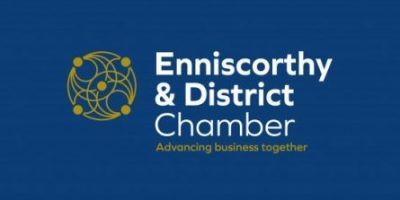Ahead of this week’s meeting of the EU Council and in light of the snail’s pace in negotiations between the UK and EU, Chambers Ireland today (26 June 2018) calls on the EU27 and the UK government to provide clarity to business on what the future trade relationship post March 2019 will be.
Speaking this afternoon, Ian Talbot, Chief Executive of Chambers Ireland said,
“This week’s European Council Summit is the final official meeting of the EU27 and the UK prior to what we expected should be the final agreement in October.
At this point, there would have been an assumption that both parties would be able, at minimum, to confirm the nature and length of the transitional arrangement to be in place following the UK’s departure from the EU in 2019.
And yet, six months on from the provisional agreement reached on the backstop solution, the business community on all parts of the island continue to have as many questions and concerns regarding how the Border will be managed after the UK’s exit and the nature of a transitional period post March.
The June EU Summit risks being yet another milestone that will pass without progress being made or the UK Government providing any clarity with respect to how it intends to honour commitments made as part of the draft Withdrawal Agreement. This is consequently leading to growing fears in the business community that a “no deal” scenario will emerge later this year.
The clearest message we are hearing from the Chamber Network and their members is that they require clarity from the negotiations so that they can plan and prepare. However they also note that these preparations will require a realistic timeframe. In March of this year, a survey of our member Chambers found that there was almost unanimous support for a transition period following 29 March 2019, with over three quarters of Chambers noting that more than two years would be required.
It is quite extraordinary when looked at through a business lens that six months have passed without any discernible process. Indeed it could be argued that matters have regressed during that timeframe as the interpretation of the “backstop” seems to continue to cause difficulties. Businesses are entitled to have their voice heard in this debate as they will have to pick up the pieces and endeavour to maintain people’s livelihoods as this process continues.”

